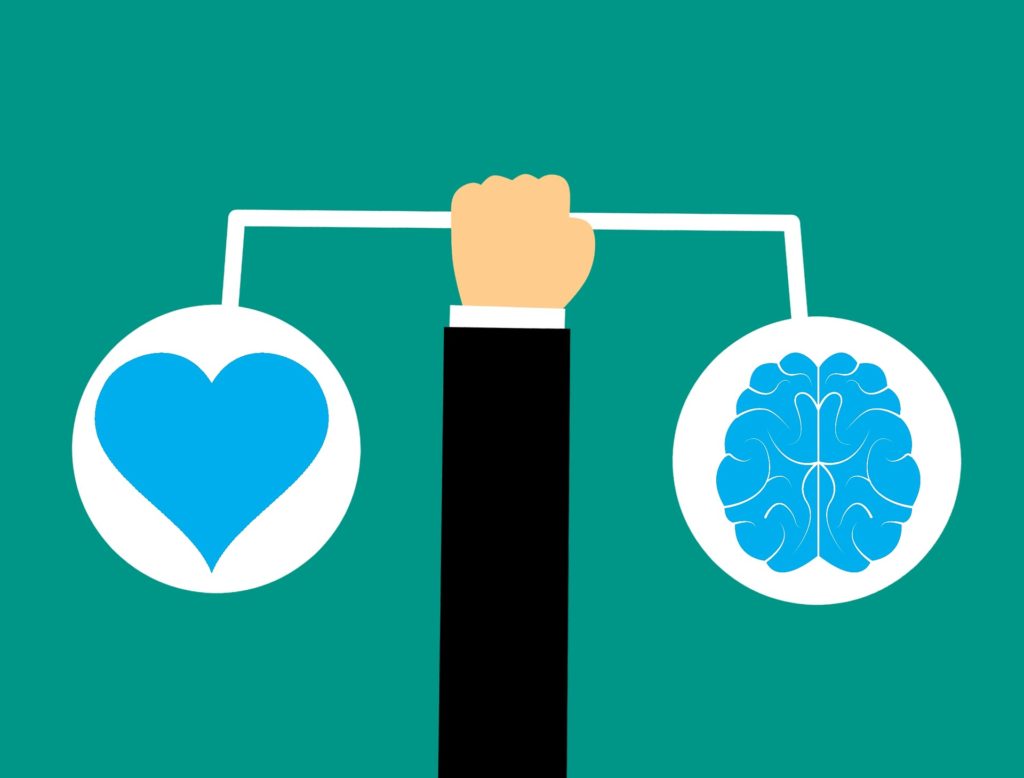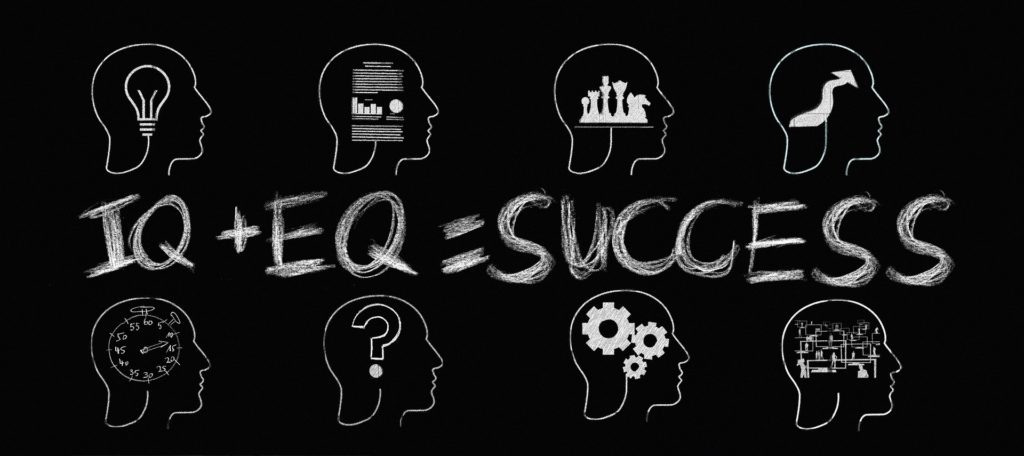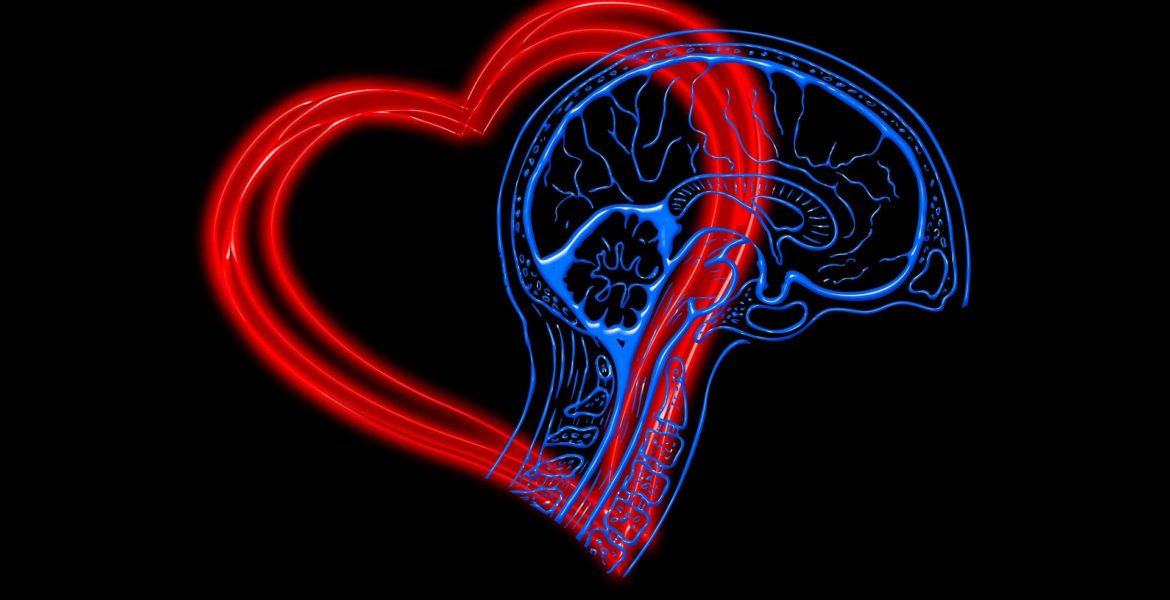Emotional intelligence (or emotional quotient, “EQ”) is the ability to recognize and effectively manage your emotions and the emotions of others. It is the ability to understand, use, and manage your own emotions in positive ways to relieve stress, communicate effectively, empathize with others, overcome challenges and reduce conflict.
Emotional intelligence is commonly defined by five attributes:
- Self-Awareness: Self-awareness can be defined as the ability to recognize and understand your own emotions. It is the foundational building block of emotional intelligence; since regulating ourselves, having empathy for others rely on identifying and understanding emotion in ourselves.
- Self-Regulation: Self-regulation is one step further to having high EQ. Asides being able to recognize your emotions, you must be able to appropriately express, regulate, and manage them.
- Motivation: People who have high EQs generally possess more intrinsic motivation. In other words, people with high EQ are motivated for internal reasons rather than external rewards like gaining wealth, respect, or fame. Those with high EQs are motivated for their personal reasons and work toward their goals.
- Empathy: Empathy can be defined as the ability to understand and share the feelings of others. It simply means you can see things from their perspective and feel what they feel.
- Social Skills: Finally, social skills are the last piece of the EQ puzzle; these skills are what allow people to interact socially with one another and to successfully navigate social situations. Those with high EQs generally have “higher-than-average” social skills and are able to effectively pursue their goals and get the outcomes they want when interacting with others.

Why is Emotional Intelligence so Important?
It is a common notion that it is not the smartest people who are the most successful or the most fulfilled in life. Intellectual ability or your intelligence quotient (IQ) is not enough on its own to achieve success in life. Yes, your can get you a job, but it’s your EQ that will sustain you through the stress and emotions you would face at work. IQ and EQ co-exist and they complement each other. Emotional intelligence affects five (5) major areas in our life as human beings, they include:
PERFORMANCE AT SCHOOL AND WORK: High emotional intelligence can help you handle the complexities in school or at work place. it will help you manage stress that exude from your job functions and help you have an excellent career or academic. Quite often than none, employers look out to employ people who have high EQs and IQs. thus, for them, EQ is as important as IQ.
PHYSICAL HEALTH: Being unable to manage emotions that comes with stress can lead to grave health issues . It is important for you to manage your emotions in order to avoid stress. Stress if not properly managed, can cause high risk of infertility, heart attack, stroke and a rapid increase in aging process. So, if you desire to have a healthy life, you need to manage your stress.
MENTAL HEALTH: Uncontrolled emotions and stress can also have a negative impact on your mental health and exposes you to anxiety and depression. Not being able to understand and control your emotions could trigger more mental health problems.
RELATIONSHIPS: Understanding and controlling your emotions helps you create, manage and sustain relationships. you are able to understand your feeling and the feelings of others. This creates a smooth communication which will a strong personal and interpersonal relationship.
SOCIAL INTELLIGENCE Being in resonance with your emotions connects to people around the world. Social intelligence helps you reduce stress and helps you to maintain social connection.

Emotional intelligence helps you build stronger relationships, succeed at school and work, and achieve your career and personal goals. It can also help you to connect with your feelings, turn intention into action, and make informed decisions about what matters most to you. To further understand the concept of emotional intelligence, take tests on EQ and learn more on how to improve your EQ, click here

